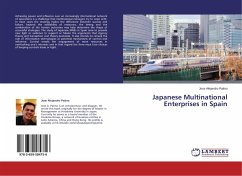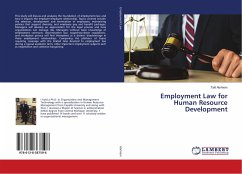Distinct Japanese corporate governance model and human resource practices have been considered as a source of competitive edge and reason behind the expeditious economic growth during the decades following World War-II. In 1990s however, the scenario changed unexpectedly and rapidly to bring unpleasant surprises about the cost burdens of this model. Nevertheless the controversies over the competitive edge and cost burdens continue to date. This book presents a holistic perspective to addresses these controversies and figure out a balanced view in the context of an intricate coalition of these practices with the social, economic and demographic factors around Japanese companies. The adoption of stock option based compensation after the amendments in the commercial code of Japan in 1997 is discussed in detail as an adjustment of Japanese governance system with the changed environment. Analyses can help visualizing the shape and composition of Japanese employment model in future. Findings are usable for researchers and practitioners in strategizing the synchronization of internal and external factors to leverage the benefits of this employment model.
Bitte wählen Sie Ihr Anliegen aus.
Rechnungen
Retourenschein anfordern
Bestellstatus
Storno








